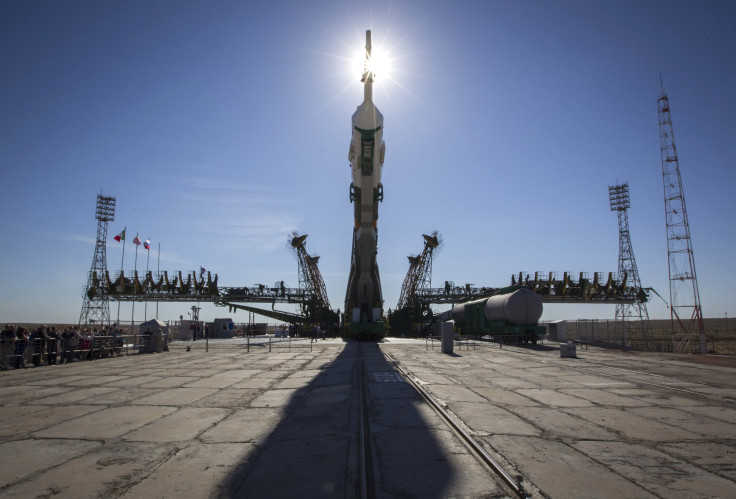Russian Proton-M Rocket Crashes In Kazakhstan Releasing Toxic Cloud Of Gases

A Russian Proton-M rocket, carrying three navigation satellites, crashed on Tuesday morning shortly after takeoff from Russia’s Baikonur facility in Kazakhstan, igniting hundreds of tons of poisonous fuel and releasing toxic gas into the air.
“A rocket carrier fell to the ground and exploded on the territory of the cosmodrome,” the Russian space agency said, in a statement, according to a report by Voice of Russia.
Kazakh space agency chief Talgat Musabayev said the rocket carried “around 600 tons of heptyl, amyl and kerosene” and a poisonous cloud generated by the rocket fuel was seen over the Baikonur facility immediately after the explosion, the report added.
At a government meeting in Astana, the country's capital, Vladimir Bozhko, Kazakhstan's minister for emergency situations, said the toxic cloud “could spread beyond the premises of the cosmodrome” due to northern winds, although, he said, the toxins are not expected to infect the town of Baikonur.
No casualties or damage to surrounding structures were reported, although Russia’s RT news said the burning fuel led to the evacuation of the area near the crash site.
Russian television aired footage of the rocket losing control seconds into the launch, and veering off course before flying horizontally with its engines continuing to propel the rocket forward. The craft soon plummeted back to earth and exploded close to another launch pad inside the Baikonur facility.
The crash is estimated to have inflicted a loss of about $200 million for Russia’s ailing Glonass satellite navigation system, a venture similar to the GPS system used by the U.S., Reuters reported, citing Russian media. Russia plans to spend $9.1 billion by 2020 on Glonass.
Roskosmos, Russia’s space agency, has launched an investigation into the crash, which is the first in six years for a Proton-M rocket, according to a BBC report. In the past, Russia has been criticized by Kazakhstan for putting the Kazakh people in jeopardy by not ensuring the safety of its space launches.
Russia uses Baikonur -- the world’s largest launch facility that was built by the erstwhile Soviet Union in the mid-1950s -- for its rocket launches under a long-term contract with Kazakhstan, which gained independence after the disintegration of the Soviet Union in 1991.
© Copyright IBTimes 2024. All rights reserved.






















